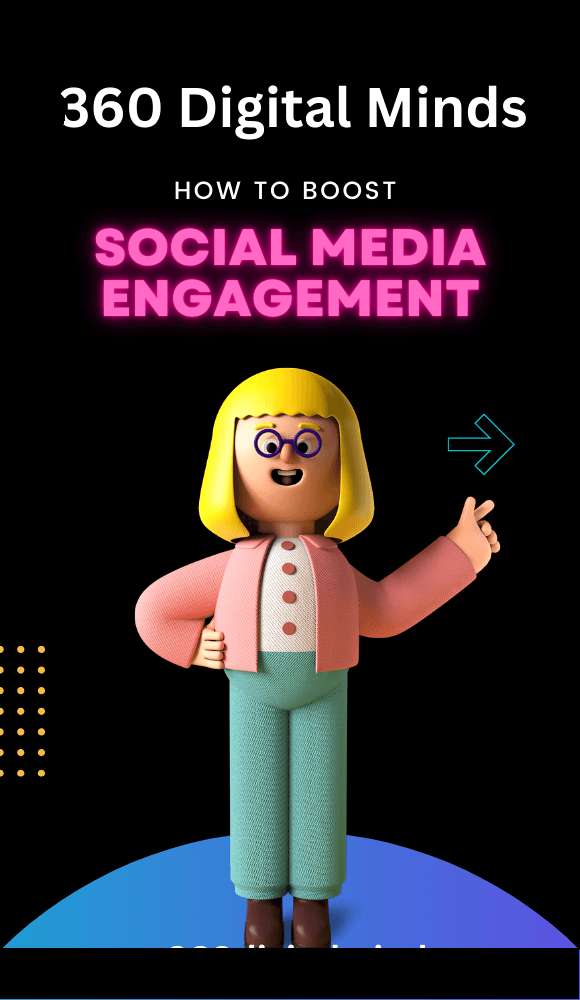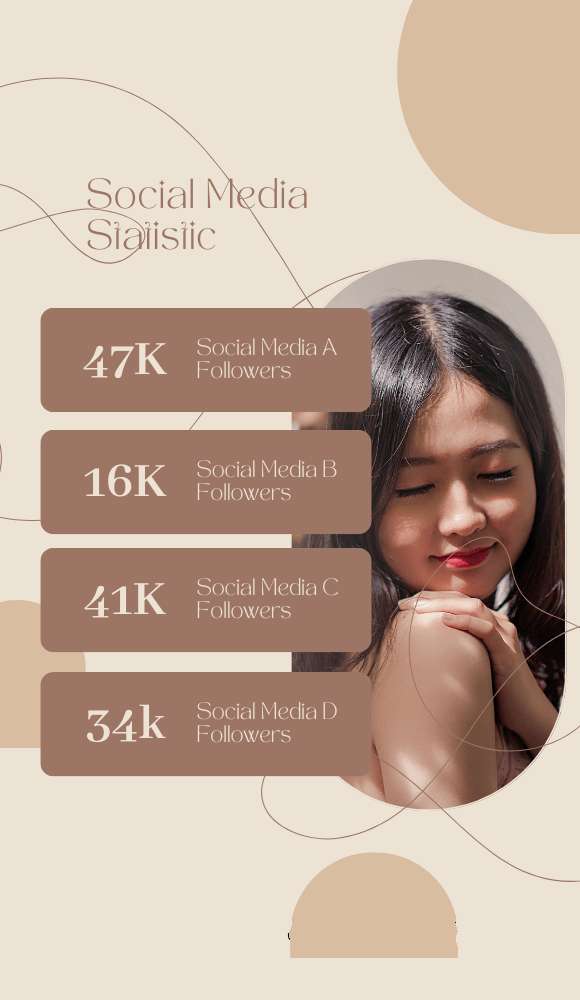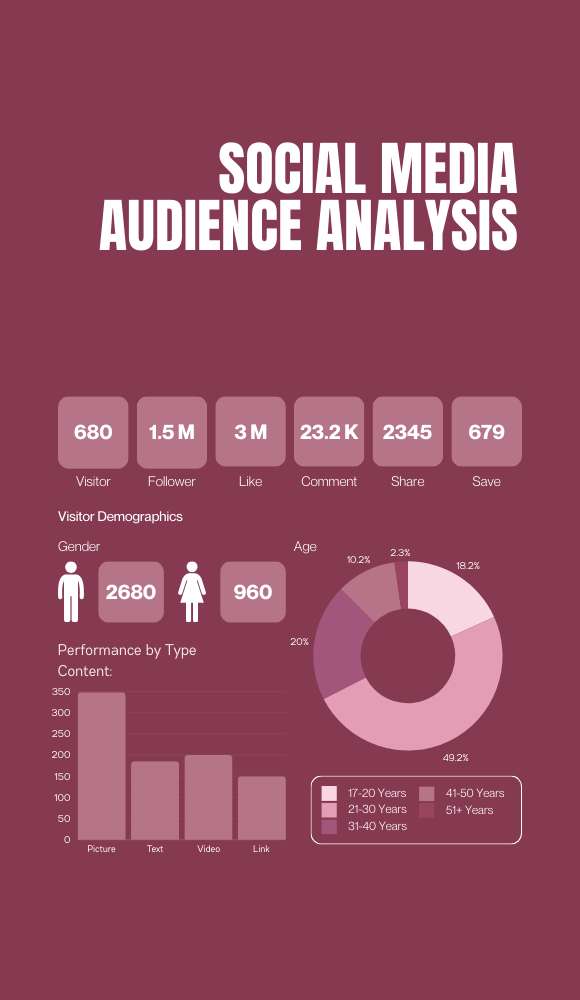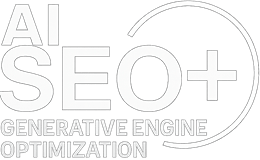Cursor
mode
Social Media Key Metrics to Track
Key social media metrics to track include engagement rate (likes, comments, shares), reach (the total number of people who see your content), and impressions (how often your content appears). Monitor follower growth to gauge audience expansion, click-through rate (CTR) for tracking link performance, and conversion rate for measuring actions taken from your posts. Additionally, track video views, bounce rates, and sentiment analysis to refine your content strategy and optimize results.
- Approch
- Creativity
- Experienced









Engagement Rate
Engagement rate is a critical metric that measures how actively an influencer's audience interacts with their content. It includes likes, comments, shares, and other forms of interaction. A high engagement rate indicates a strong connection between the influencer and their audience, suggesting that the content resonates well and is driving interest.

Reach and Impressions
Reach refers to the total number of unique users who see an influencer’s content, while impressions measure how many times the content is displayed, regardless of whether it’s clicked. These metrics help assess how widely your campaign is spreading and the potential exposure to your target audience.

Conversion Rate
The conversion rate tracks how many users take a desired action (such as making a purchase, signing up for a newsletter, or downloading an app) after engaging with influencer content. This metric is crucial for understanding how effective an influencer’s content is in driving real business results and achieving campaign goals.

Click-Through Rate (CTR)
CTR measures the percentage of viewers who click on a link in the influencer’s post (e.g., a product link or a call to action) compared to the total number of viewers. A higher CTR suggests that the content and call-to-action are compelling enough to prompt users to engage further with your brand.

Return on Investment (ROI)
ROI tracks the financial return from influencer campaigns relative to the cost of running them. This metric evaluates whether the campaign delivered the expected results in terms of sales, leads, or revenue. A positive ROI confirms that the influencer collaboration was worth the investment, while a negative ROI signals the need for optimization.

Brand Sentiment
Brand sentiment refers to the overall mood or perception surrounding your brand as a result of influencer marketing. By analyzing comments, mentions, and social listening data, you can gauge whether your brand image is being positively or negatively influenced. This metric helps measure the long-term impact on brand perception and customer loyalty.


